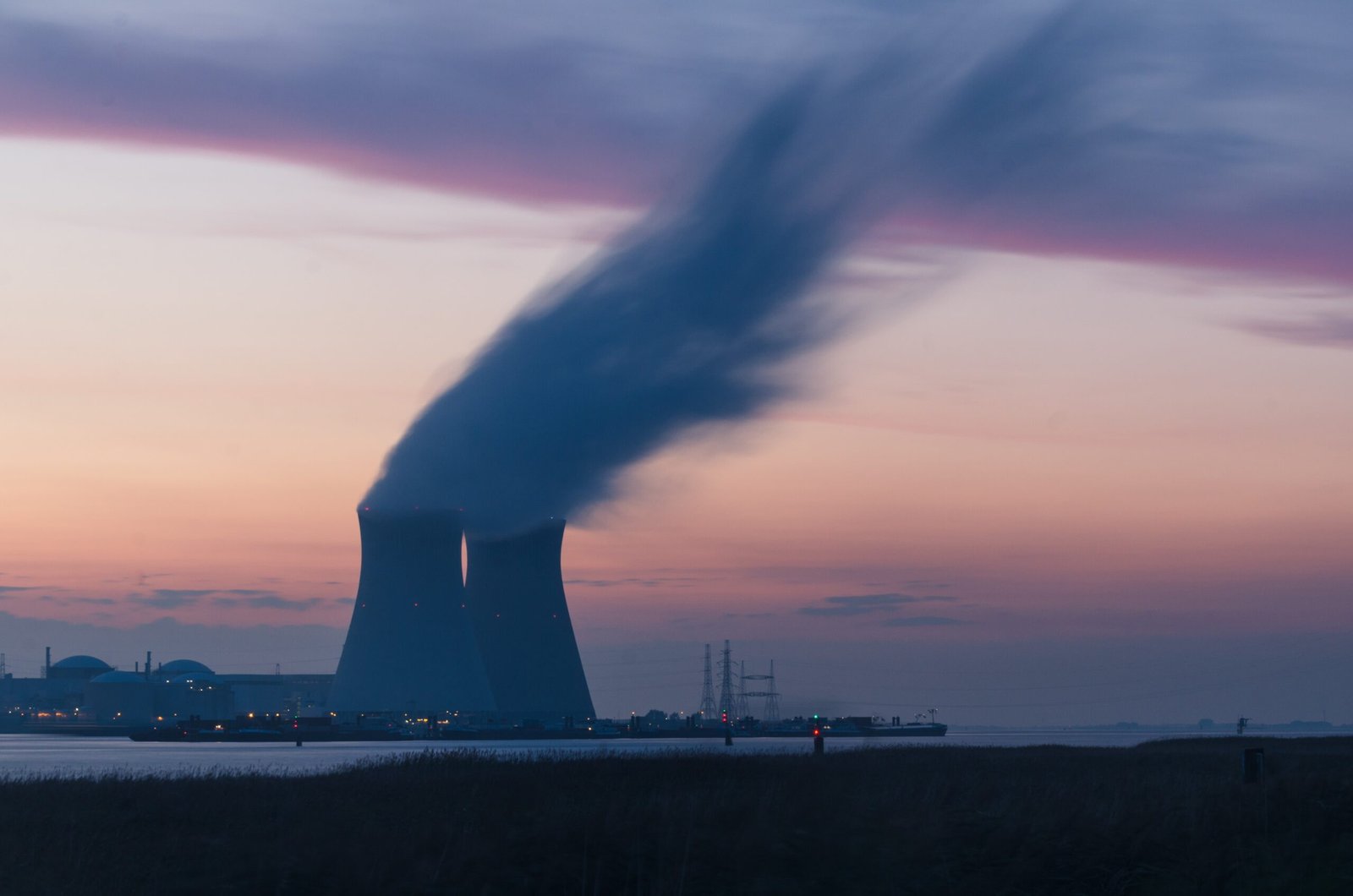The pursuit of sustainability has gained momentum as climate change evidence intensifies. The 2015 Paris Agreement marked a crucial point in global efforts to reduce greenhouse gas emissions. Annual COP meetings have sought to establish strategies for these reductions, with the upcoming COP 30 set to take place in Brazil.
Despite the global push for sustainability, many countries exhibit reluctance to transition away from fossil fuels, a necessary step for effective climate change mitigation. This hesitance was evident during recent COP meetings, where discussions often revolved around the economic repercussions of phasing out coal. The impact of major emitters like the United States, which withdrew from the Paris Agreement, raises concerns about a potential domino effect among other nations.
Several financial institutions have also begun retracting their commitments to green financing, prompting questions about the future of sustainability initiatives. Recent discussions have highlighted a growing fatigue regarding sustainability efforts, leaving many to wonder if hope is waning.
While some argue that sustainability remains vital, recent geopolitical and economic challenges have influenced shifts in Western policies. For instance, the UK has postponed significant net-zero targets, extending the ban on petrol and diesel vehicles from 2030 to 2035. The U.S. has approved new fossil fuel developments, such as the Willow oil drilling project in Alaska, despite earlier commitments to combat climate change. Additionally, high energy prices, exacerbated by the Ukraine conflict, have led some European nations to temporarily restart coal plants, raising doubts about their long-term sustainability goals.
Political landscapes in Europe, particularly in countries like Germany and Italy, show resistance to stringent climate regulations, framing them as detrimental to economic growth. However, initiatives such as the U.S. Inflation Reduction Act and the EU Green Deal continue to drive substantial investments in renewable energy, electric vehicles, and clean technology. Notably, companies like Apple, Microsoft, and Unilever are reinforcing their sustainability commitments in response to consumer and investor demands.
Technological advancements in areas such as green hydrogen, battery storage, and carbon capture technologies are bolstering innovation in sustainability. At the same time, the West faces competition from China in solar energy, batteries, and electric vehicles, prompting some protectionist policies, including tariffs on Chinese electric vehicles.
While immediate energy security concerns may slow progress, long-term commitments—such as achieving net-zero emissions by 2050—remain in place. The balance between addressing energy needs and progressing toward decarbonization is delicate. Failure to address policy delays could result in the West ceding leadership in the global green transition to emerging economies, particularly China.
In summary, while the West is not completely abandoning sustainability, it is navigating a complex period of adjustments. Economic uncertainties, energy security challenges, and political divisions are hindering momentum, yet technological innovation and corporate responsibility continue to fuel the transition. The coming years will be pivotal in determining whether Western nations reaffirm their commitment to aggressive climate action or follow a fragmented approach. As the landscape evolves, it is clear that sustainability remains an essential issue, albeit with varying levels of commitment across different regions.




